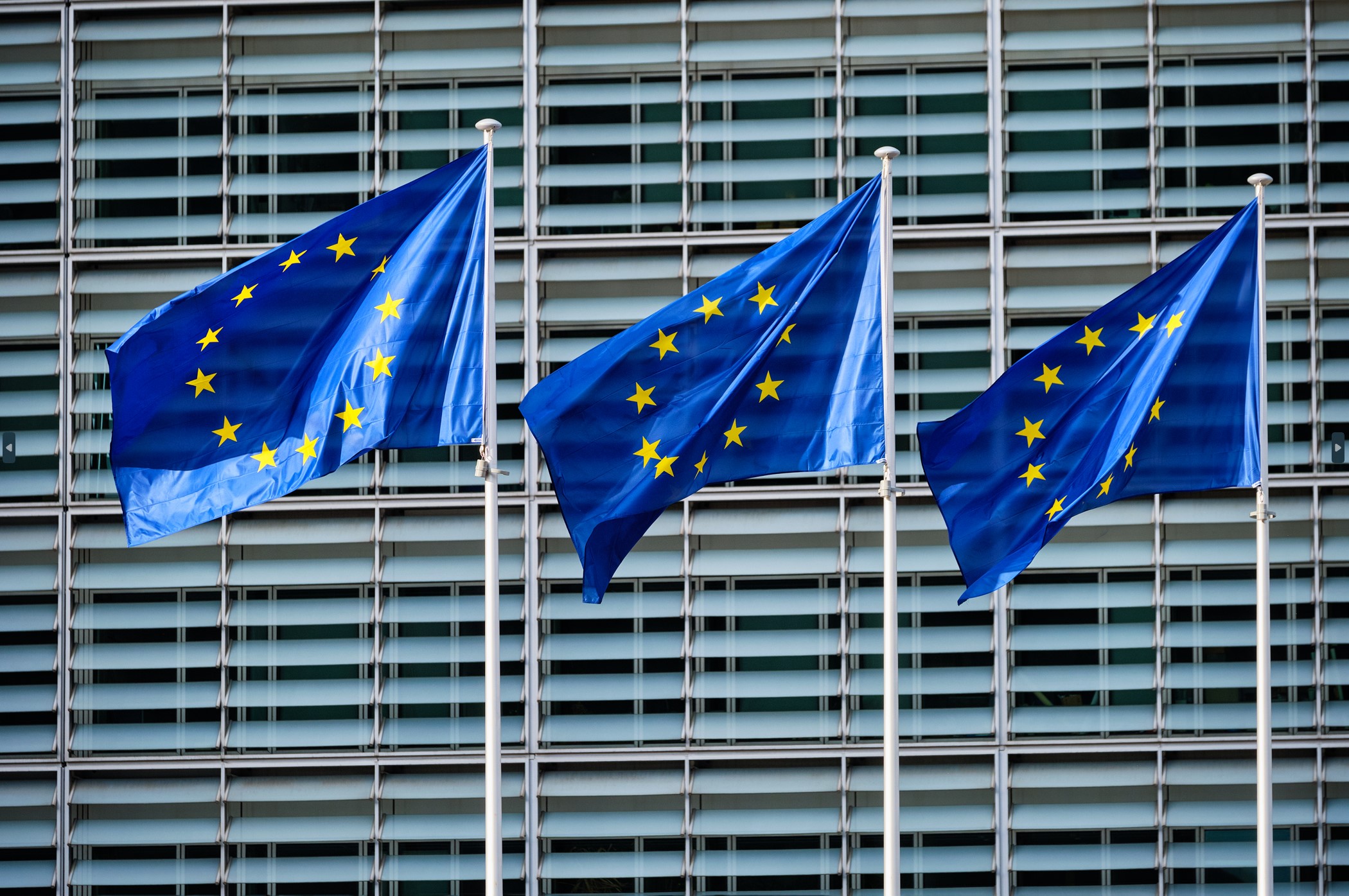The EU's Digital Markets Act strengthens Big Tech's smaller rivals

As the world's biggest tech companies change their online services to comply with the EU's groundbreaking Digital Markets Act, the changes could give smaller competitors and even colleagues a competitive advantage. The DMA is Europe's attempt to rein in Google, Amazon, Apple, TikTok owner ByteDance, Meta Platforms and Microsoft and create a level playing field for smaller competitors and ultimately more competition for Europeans.
The comprehensive legislation requires some of the world's biggest tech companies to make it easier for consumers to choose and choose services from different providers. "The winners will be small European companies, which will have more choice and more visibility than large companies," said Christophe Carugati of consultancy Digital Competition.
For example, Meta must make its Facebook Messenger and WhatsApp services interoperable with eligible competitors as long as they comply with the company's technical and security standards. In practice, this means that users of other messaging apps such as Signal and Telegram, which have gained international popularity for their focus on protecting user privacy, will soon be able to chat with Messenger and Whatsapp contacts without switching apps.

Meta says in its compliance report that it strives to achieve the balance between creating a viable approach for the third-party providers interested in becoming interoperable with Meta, while maximizing user safety, security and privacy. Similarly, users of Google's Android phones will be guaranteed a choice of default search engine when setting up their device, representing a big opportunity for alternatives like privacy-focused DuckDuckGo and eco-conscious Ecosia.
"The implementation of these new rules is a step in the right direction, but the proof of the cost is always in the eating and whether we see any meaningful changes in market share," said Sophie Dembinski, public policy manager at Ecosia. Google said in a blog this week that changes to search results mean large intermediaries and aggregators would get more traffic, while hotels, airlines, shops and restaurants would get less.
Consumers in the EU have also won new data protection rights as the DMA introduces new rules for how these companies use their data. For example, users can separate their Facebook and Instagram accounts so that information is no longer shared between platforms for tracking and targeting.
While DMA offers new opportunities for smaller competitors to reach consumers, the established tech giants could also see their peers take a bite out of their market share. Apple probably risks the most from the DMA forcing the company to open up its lucrative App Store, an opportunity that both major Big Tech competitors and smaller start-ups are likely to seize.
Latest software
-
28 Augsoftware
-
07 Augsoftware
Musk is suing OpenAI for focusing on profit
-
07 Augsoftware
OpenAI says goodbye to top managers
-
01 Augsoftware
Google AI systems achieve breakthroughs in mathema
-
29 Julsoftware
AMD Amuse: New AI graphics tool for Ryzen and Rade
-
26 Julsoftware
Logitech G announces MIXLINE
-
28 Junsoftware
Chinese AI company trains LLMs at Huawei
-
26 Junsoftware
ChatGPT desktop app for Mac is ready
Most read software
Latest software
-
28 Augsoftware
Google Meet's new AI feature takes notes
-
07 Augsoftware
Musk is suing OpenAI for focusing on profit
-
07 Augsoftware
OpenAI says goodbye to top managers
-
01 Augsoftware
Google AI systems achieve breakthroughs in mathema
-
29 Julsoftware
AMD Amuse: New AI graphics tool for Ryzen and Rade
-
26 Julsoftware
Logitech G announces MIXLINE
-
28 Junsoftware
Chinese AI company trains LLMs at Huawei
-
26 Junsoftware
ChatGPT desktop app for Mac is ready






